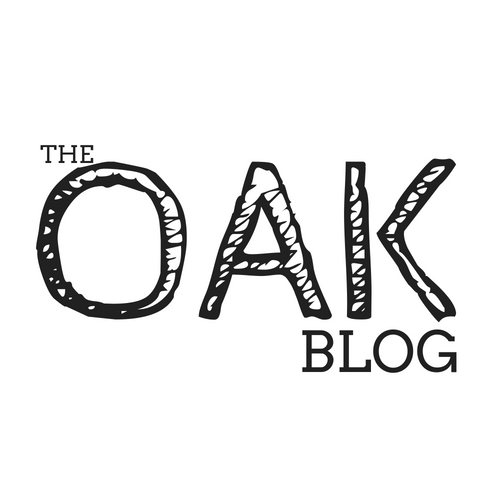In September...
/The September Newsletter for the Oak Agency is now available on our Blog!
Read More
The September Newsletter for the Oak Agency is now available on our Blog!
Read MoreHere are four great reasons to consider buying a home today instead of waiting.
Read MoreAre you planning to update your current home to sell fast? Maybe you want to do some updates to a homes you are going to stay in for a few more years. The important thing to keep in mind is, at some point you will need to sell and you want to make sure that all of your blood, sweat and tears weren't a waste of time and money. Here is a quick list of areas that will produce the highest return at resale.
Whether you are selling your home, just purchased your first home or are a homeowner planning to stay put for a while, there is value in knowing which home improvement projects will net you the most Return On Investment (ROI).

So you made an offer, it was accepted, and now your next task is to have the home inspected prior to closing. Oftentimes, agents make your offer contingent on a clean home inspection.
This contingency allows you to renegotiate the price you paid for the home, ask the sellers to cover repairs, or even, in some cases, walk away. Your agent can advise you on the best course of action once the report is filed.
How to Choose an Inspector
Your agent will most likely have a short list of inspectors that they have worked with in the past that they can recommend to you. HGTV recommends that you consider the following 5 areas when choosing the right home inspector for you:
Ask your inspector if it’s okay for you to tag along during the inspection, that way they can point out anything that should be addressed or fixed.
Don’t be surprised to see your inspector climbing on the roof or crawling around in the attic and on the floors. The job of the inspector is to protect your investment and find any issues with the home, including but not limited to: the roof, plumbing, electrical components, appliances, heating & air conditioning systems, ventilation, windows, the fireplace and chimney, the foundation, and so much more!
Bottom Line
They say ‘ignorance is bliss,’ but not when investing your hard-earned money into a home of your own. Work with a professional who you can trust to give you the most information possible about your new home so that you can make the most educated decision about your purchase.

Mortgage interest rates have risen by more than half of a point since the beginning of the year, and many assume that if mortgage rates rise, home values will fall. History, however, has shown this not to be true.
Where are home values today compared to the beginning of the year?
While rates have been rising, so have home values. Here are the most recent monthly price increases reported in the Home Price Insights Report from CoreLogic:
Not only did prices continue to appreciate, the level of appreciation accelerated over the first quarter. CoreLogic believes that home prices will increase by 5.2% over the next twelve months.
How can prices rise while mortgage rates increase?
Freddie Mac explained in a recent Insight Report:
““In the current housing market, the driving force behind the increase in prices is a low supply of both new and existing homes combined with historically low rates. As mortgage rates increase, the demand for home purchases will likely remain strong relative to the constrained supply and continue to put upward pressure on home prices.””
Bottom Line
If you are thinking about moving up to your dream home, waiting until later this year and hoping for prices to fall may not be a good strategy.
Powered by Squarespace.
7750 Okeechobee Blvd Suite 4-331, West Palm Beach, FL 33411 : (844) OAK-SOLD : (561) 268-6200 : www.theoakagents.com :